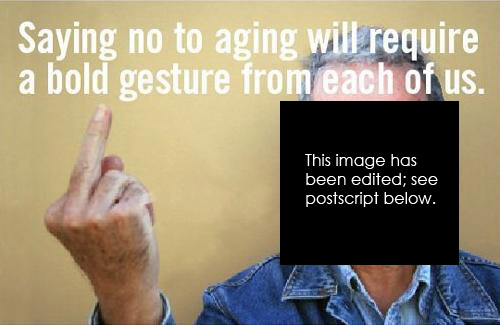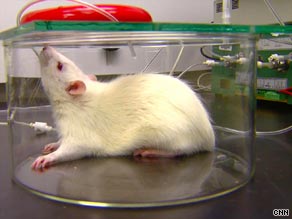October 27, 2009
Are psychologists humans too?
Via Mind Hacks, psychologist Norbert Schwartz gives a revealing answer when asked what nagging things he still doesn’t understand about himself: I don’t understand … why I’m still fooled by incidental feelings. Some 25 years ago Jerry Clore and I studied how gloomy weather makes one’s whole life look bad – unless one...






